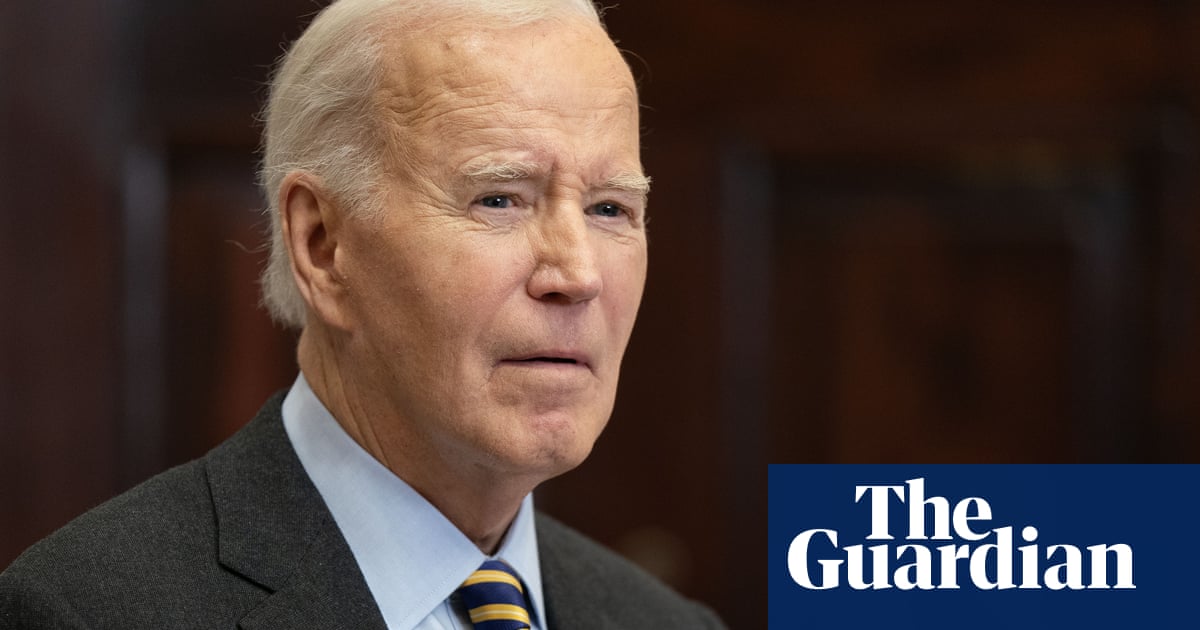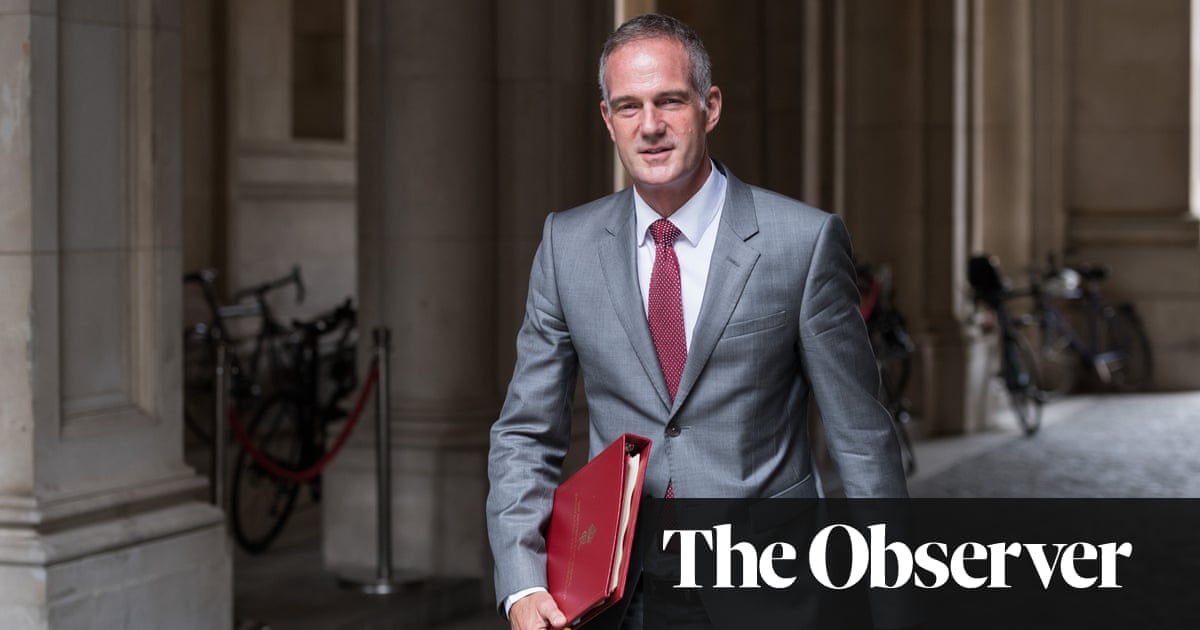Listen to this episode on Apple Podcasts.
There have been four Hollywood films made under the name and/or with the basic story of A Star is Born. The definitive version may be the one starring Judy Garland, directed by George Cukor in 1954; the most reviled version is the one starring Barbra Streisand, made in 1976 and produced by Barbra’s hair dresser-turned-boyfriend Jon Peters. In the middle of the New Hollywood 1970s, when American film was supposedly engaged in a mass project of questioning establishment myths, Streisand and Peters embraced Hollywood’s oldest, most institutionalized myth and appropriated it as a way to build an enormous (and enormously un-self-aware) monument to their own lives and their real-life romance. The result was both a huge success and a disaster. It paved the way for Streisand’s future directing career and Peters’ future as a Hollywood mogul, while also branding both with bad reputations — partially thanks to an expose on the production of the movie published by its jilted director.
Show notes!
This was the toughest episode I’ve done to this point, because there are so many stories to tell about Peters, Streisand and the making of this film, and it’s hard to know which of those stories people have heard before, and what background I needed to provide. I probably could have done this episode without summarizing Streisand’s relationship with Elliott Gould, say, or Peters’ post-Columbia struggles, but that stuff is sort of why I was interested in what happened in the middle. In the end, I wrote and rewrote the script many times in the editing.
Nothing in this episode is “secret,” but I think a lot of it has been forgotten, particularly Frank Pierson’s expose on the making of A Star is Born, which was published first in New West magazine, and then in New York magazine. (One thing I couldn’t fit into the episode: at that link, there’s a quote from Barbra about Pierson’s article, which she gave to Geraldo Rivera. Rivera was one of Jon Peters’ best friends.) It’s hard to imagine a world in which such a thing would be possible, for a director to pull back the curtain and reveal what working with a much-more-famous star/producer was really like. It probably couldn’t have happened ten years before, and it definitely wouldn’t have happened ten years after. Sometimes people talk about the New Hollywood era as though the lunatics were running the asylum, and that was never really entirely true — there were always executives, and studios were becoming corporate entities — but it is true that several wormholes of possibility opened. One of those wormholes allowed for unfiltered writing about the making of movies and the people who made them — which of course also has something to do with the ways in which journalism changed in the 1960s and 70s.
An excellent example is the reporting of Grover Lewis, some of which is collected in the out-of-print, essential, Academy All the Way. In this episode, I referenced Lewis’ 1971 profile of Streisand, “The Jeaning of Barbra Streisand,” which you can also read here.
Special thanks to Noah Segan, who played Jon Peters.
Additional bibliography:
Hit and Run by Nancy Griffin and Kim Masters
Is That a Gun in Your Pocket? by Rachel Abramowitz
Barbra by Christopher Andersen
“It Should Be Called ‘Dickhead’” by Nikki Finke, Deadline Hollywood
“Studio Head” by William Stadiem, Vanity Fair
Interview with Joan Didion, Academy of Achievement, 2006
Mediography:
Streisand’s director’s commentary on the 2004 DVD release of A Star is Born was useful for research purposes, and is also excerpted in the episode.
Discography:
“The Man That Got Away” from A Star is Born, Instrumental, performed by Warner Brothers Orchestra
“Private Hurricane (Instrumental) by Josh Woodward
“Evergreen” by Barbra Streisand
“Moonlight Saving Me” performed by Blossom Dearie
“Chiado” by Jahzzar
“Holy Thursday” by David Axelrod
“I Was the Fool Beside You For Too Long” by Yo La Tengo
“Money” by Jahzzar
“Funny Lady: How Lucky Can You Get” by The Studio Sound Ensemble
“Make a Wish (For Christmas)” by Lee Rosevere
“Benbient” by canton
“Fiery Yelloe” by Stereolab
“Divider” by Chris Zabriskie
“Whole Lotta Love,” performed by Ike and Tina Turner
“Out of the Skies, Under the Earth” by Chris Zabriskie
“Dnaces and Dames” by Kevin MacLeod
“Object Du Desire” performed by James Figurine
“Au coin de la rue” performed by Marco Raaphorst
“Undercover Vampire Policeman” by Chris Zabriskie
“Cylinder One” by Chris Zabriskie
“Intelligent Galaxy” by The Insider
“Inside You” by Eddie Henderson
“Make it Drums” by Daedelus
“Finale: Watch Closely Now” from A Star is Born, performed by Barbra Streisand
Article by:Source- Karina Longworth


















